Day Three
DAY 3: Dr Elise Bialylew interviews Dr Zindel Segal
Mindfulness for improved mental health
In this video you’ll learn:
- The definition of mindfulness and how it can support improved mental health.
- The latest research around the benefits of mindfulness for management of depression.
- How mindfulness can help you get out of the worry cycles and rumination.
- How to work with two different brain pathways to stay more present and focused.
Prefer to listen, rather than watch? Click the play button below.
Want to read the transcript from this interview? Mind Life Project members receive access to interview transcripts and 6 months of mindfulness support, live meditations, and more👇
[accessally_missing_any_tag tag_id='707' comment='MLP 2021']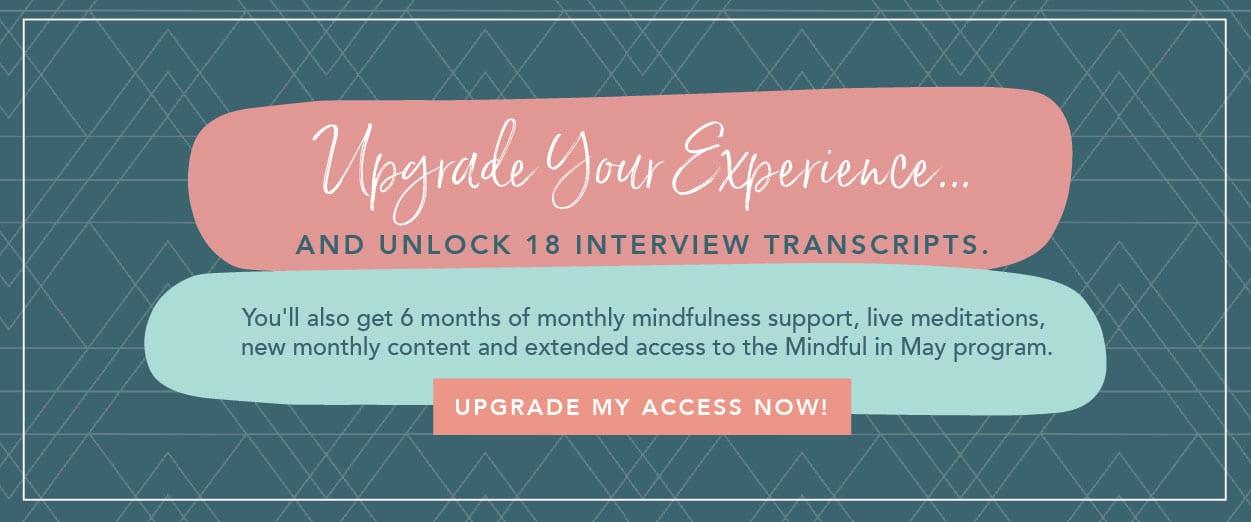 [/accessally_missing_any_tag][accessally_has_any_tag tag_id='707' comment='MLP 2021']Mind Life Project Bonus Content:
[/accessally_missing_any_tag][accessally_has_any_tag tag_id='707' comment='MLP 2021']Mind Life Project Bonus Content:
Click here to download the transcript for Dr Elise Bialylew's interview with Dr Zindel Segal.[/accessally_has_any_tag]
Your meditation for today
Counting The Breath: A 10 Minute Meditation with Elise Bialylew
MINDFULNESS OF THE BREATH
How was your mindfulness practice yesterday?
If you found your mind wandering or it felt like your thoughts just wouldn't stop, don't worry.
Mindfulness isn't actually about "stopping your thoughts" - it's about recognising what's happening from moment to moment within your body and mind, and not getting so caught up and hijacked by the wanderings of the mind.
Today I would like to introduce the breath meditation to our practice.
Remember, if you’re new to mindfulness, it’s a skill that requires training, so if you found it difficult to settle the mind and body in your first meditation, give yourself time and be patient.
Sharon Salzberg, our guest in the final week of MIM, reminds us that if we find the practice challenging...
“You don’t have to judge yourself severely - just come back, and let go, and come back….it’s called exercising the letting go muscle. See if you can let go and start over.”
She calls this “letting go and beginning again” - “lesson 101” in meditation.
An untrained mind gets caught in inner and outer distractions, which means we end up with little control over what we are paying attention to. We can easily get caught up in anxious thinking about the future, or obsessive thinking about past regrets – we are complete victims to our mind's distractible nature.
The initial stages of meditation are about training our mind by placing our attention on a specific object.
We started by focusing on the bodily sensations and today we will move on to focusing on the breath – training our attention to stay there, even if it’s just for a few seconds at a time.
With a committed practice, the mind becomes more steady and we don’t get as lost in the type of thinking that amplifies our suffering, whether that’s worrying, obsessively planning, or getting lost in past stories. As Mark Twain famously stated, “I’ve had a lot of worries in my life, most of which have never happened”.
Our minds get more “mentally fit and stable” through regular meditation, and we become more attentive to and present in the good moments, but also more steady and balanced when we hit rough patches in our lives. We become better at placing our attention where we want it to be.
Our minds can often be our worst enemies, but meditation helps us train our minds so that we can move through life with greater ease, emotional balance, and joy.
Over time and with regular practice, you’ll discover that just as going to the gym strengthens your physical body, training your mind through meditation builds your psychological and attentional capacities.
As we begin the journey of training our minds, today I invite you to also think about what you are doing for your body to stay fit and well and ensure you are focusing on your own physical self-care.
In his book, “Stillness is the Key”, Ryan Holiday writes:
"No one can afford to neglect the final domain in our journey to stillness. What we do with our bodies. What we put in our bodies. Where we dwell. What kind of routine and schedule we keep. How we find leisure and relief from the pressures of life. There are traits we need to cultivate. Rise above our physical limitations. Find hobbies that rest and replenish us. Develop a reliable, disciplined routine. Spend time getting active outdoors. Seek out solitude and perspective. Learn to sit—to do nothing when called for. Get enough sleep and rein in our workaholism. Commit to causes bigger than ourselves. As they say, the body keeps score.”
Take a moment to reflect upon anything you’d like to change in relationship to your body. Eating well? Doing enough exercise? Why not use this month to take a holistic step towards greater wellbeing?
Enjoy today’s breath meditation and stay accountable in your practice by letting the Mindful in May community know you’ve done it and sharing your observations in the Facebook group.
Today let us know:
- What did you notice about the breath today during your meditation?
- Where in the body did you feel the breath most noticeably?
- What did you notice about your mind and your attention today when practising?
Download your Mindful in May digital meditation journal HERE to keep track of your daily meditation.
stay on track
[progressally_objectives]
[progressally_progress_pie_chart size="80"]

DONATE HERE
If you'd like to make a donation, you still can! Every $50 donated will bring clean water to one person for life.

Bonus Interviews
Watch Elise's conversations with four leading well-being experts: Shauna Shapiro, Linda Graham, Frank Osteseski, and Jon Kabat Zinn.
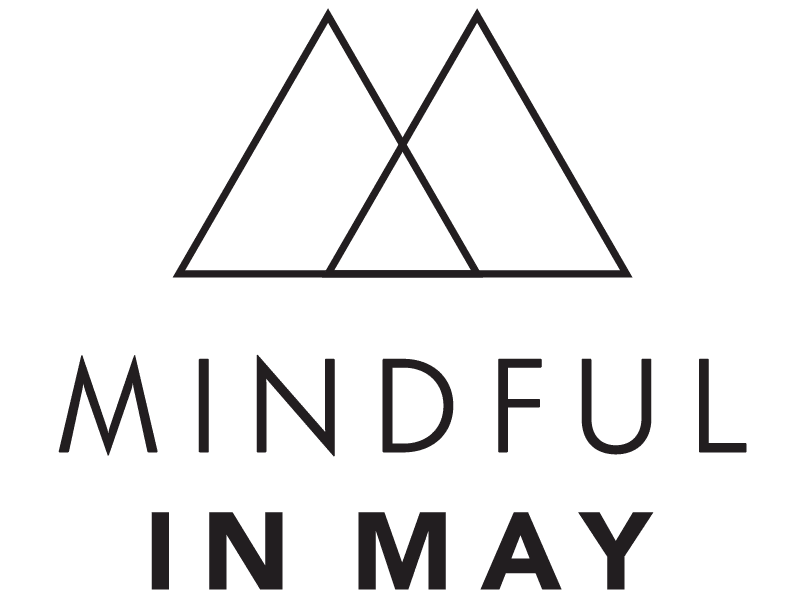
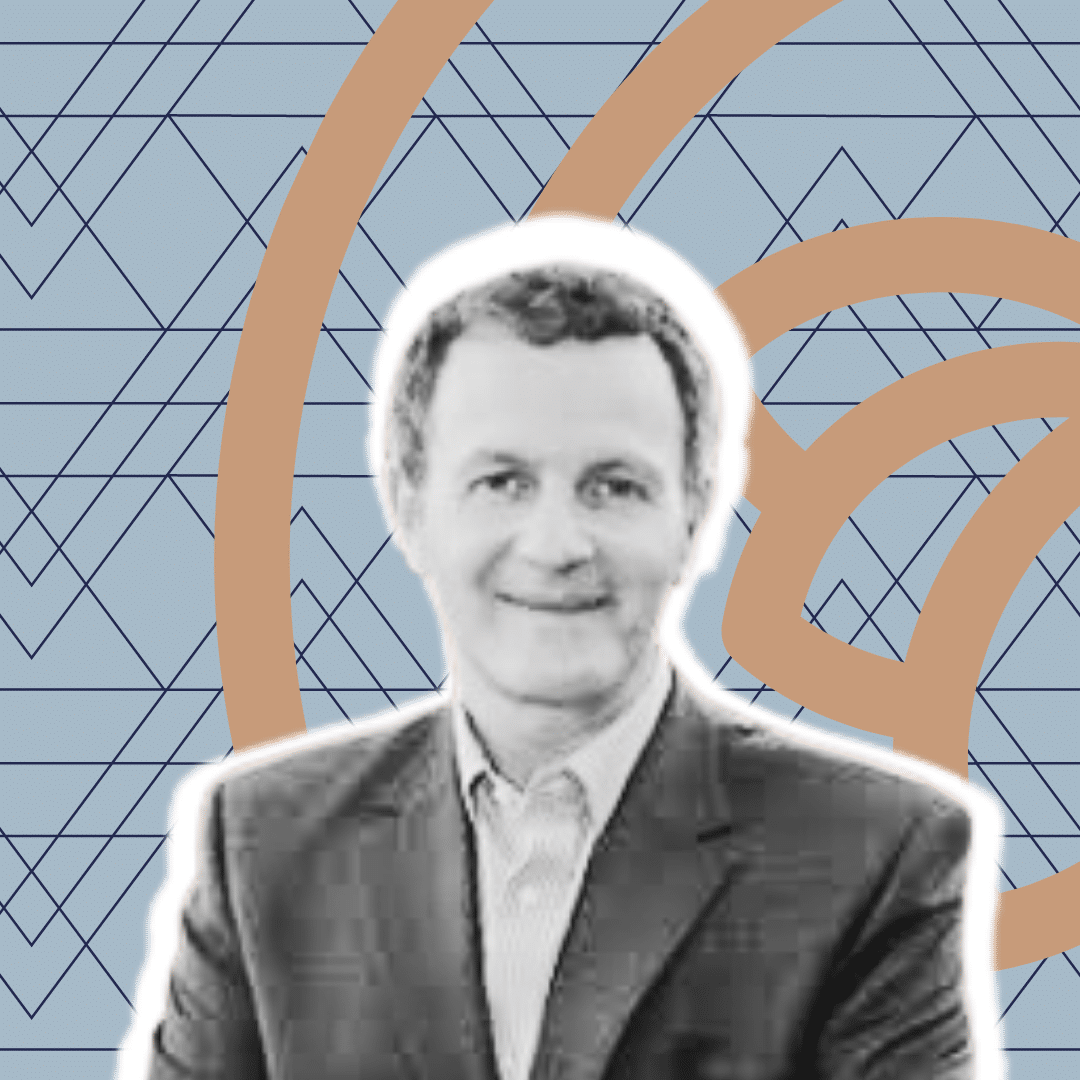 Zindel V. Segal is a cognitive psychologist, a specialist on depression and one of the founders of Mindfulness-based Cognitive Therapy (MBCT). A professor of psychology at University of Toronto, Segal combines mindfulness with conventional cognitive behavioral therapy, which teaches patients to develop a different relationship to sadness or unhappiness by observing and without judgment. Presently he is Distinguished Professor of Psychology in Mood Disorders in the Department of Psychology at the University of Toronto Scarborough. He is also the Director of Clinical Training in the Graduate Department of Clinical Psychological Science.
Zindel V. Segal is a cognitive psychologist, a specialist on depression and one of the founders of Mindfulness-based Cognitive Therapy (MBCT). A professor of psychology at University of Toronto, Segal combines mindfulness with conventional cognitive behavioral therapy, which teaches patients to develop a different relationship to sadness or unhappiness by observing and without judgment. Presently he is Distinguished Professor of Psychology in Mood Disorders in the Department of Psychology at the University of Toronto Scarborough. He is also the Director of Clinical Training in the Graduate Department of Clinical Psychological Science.